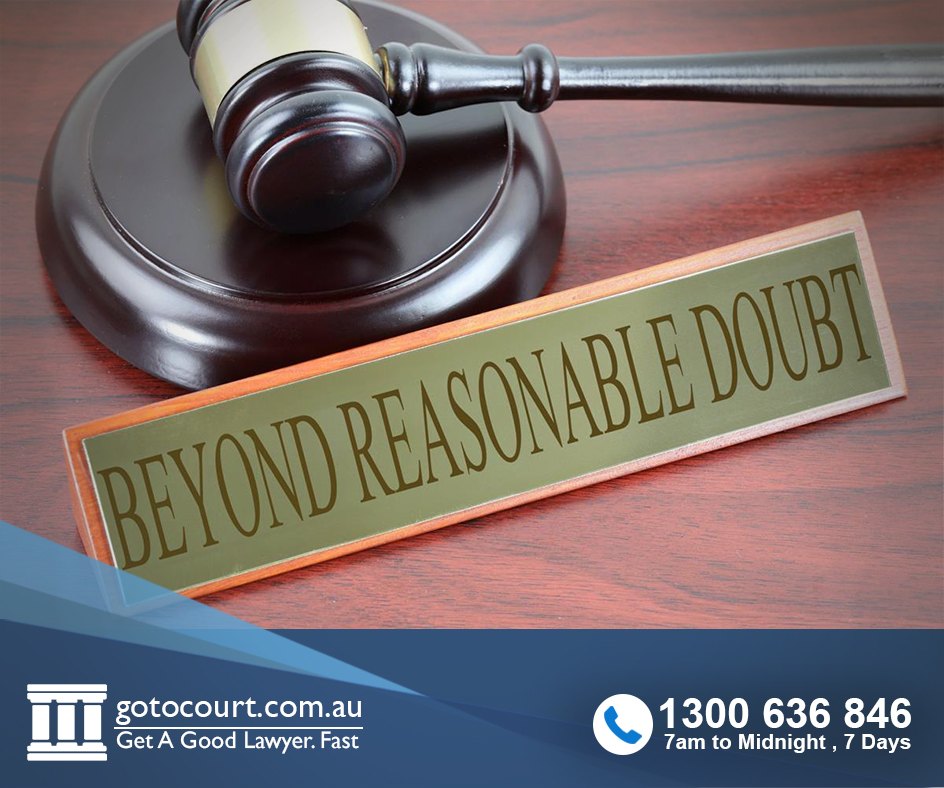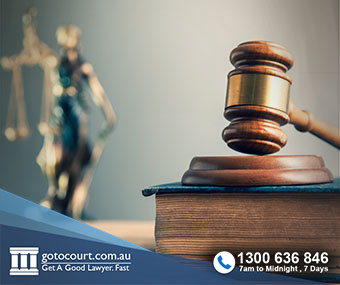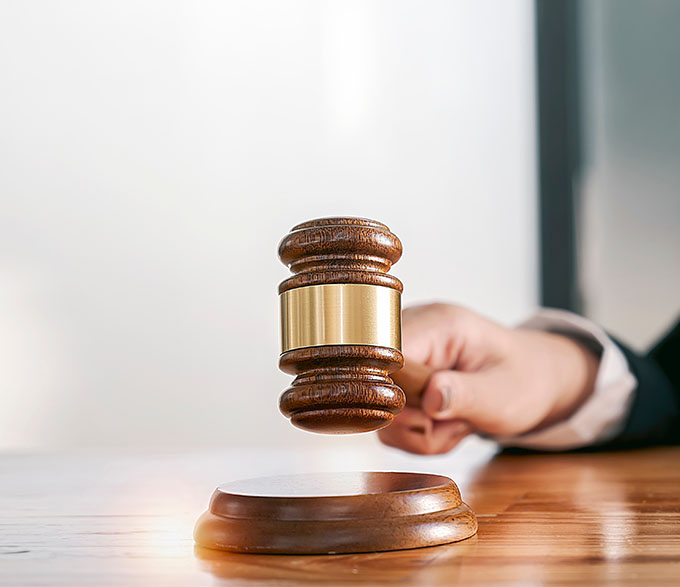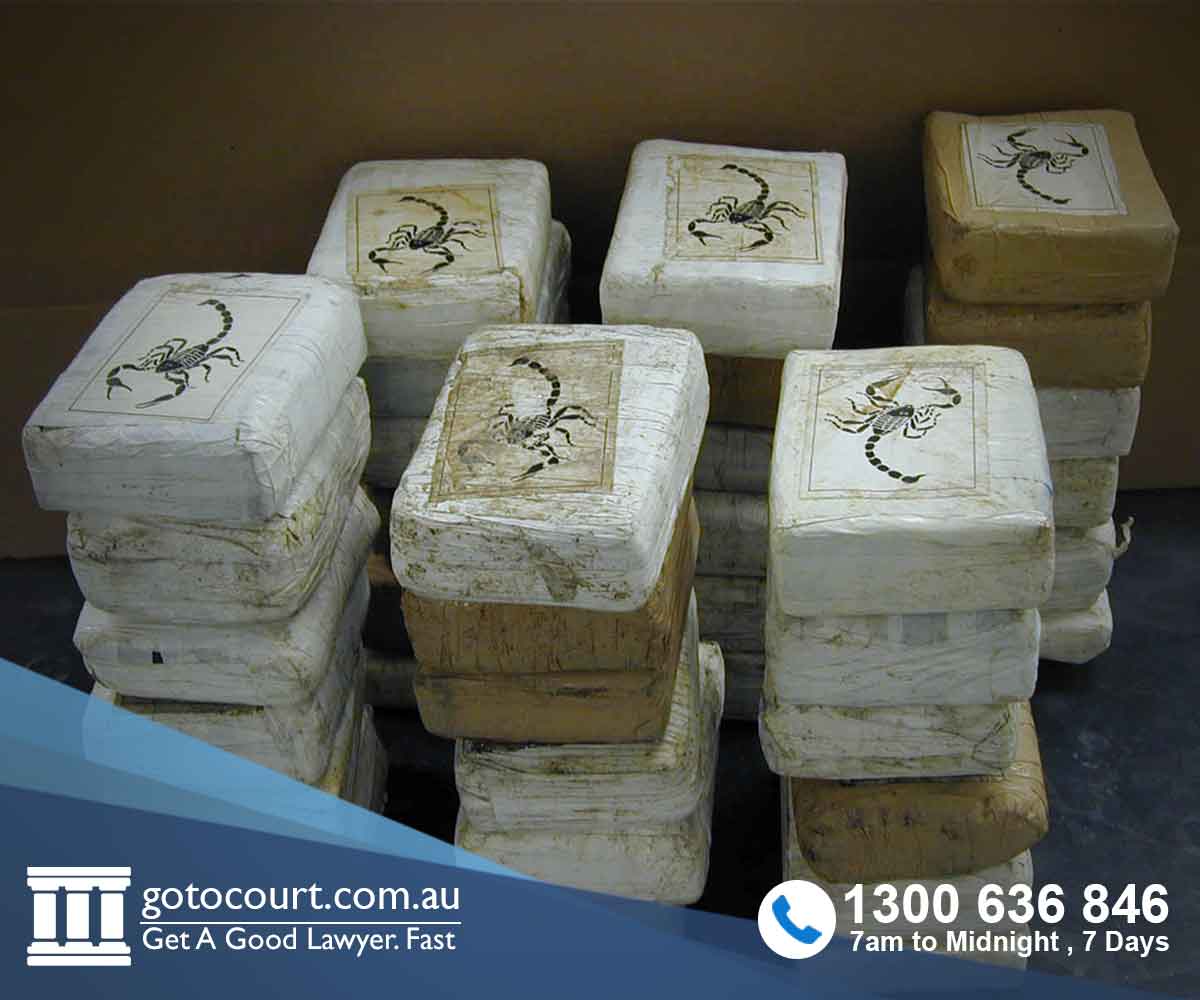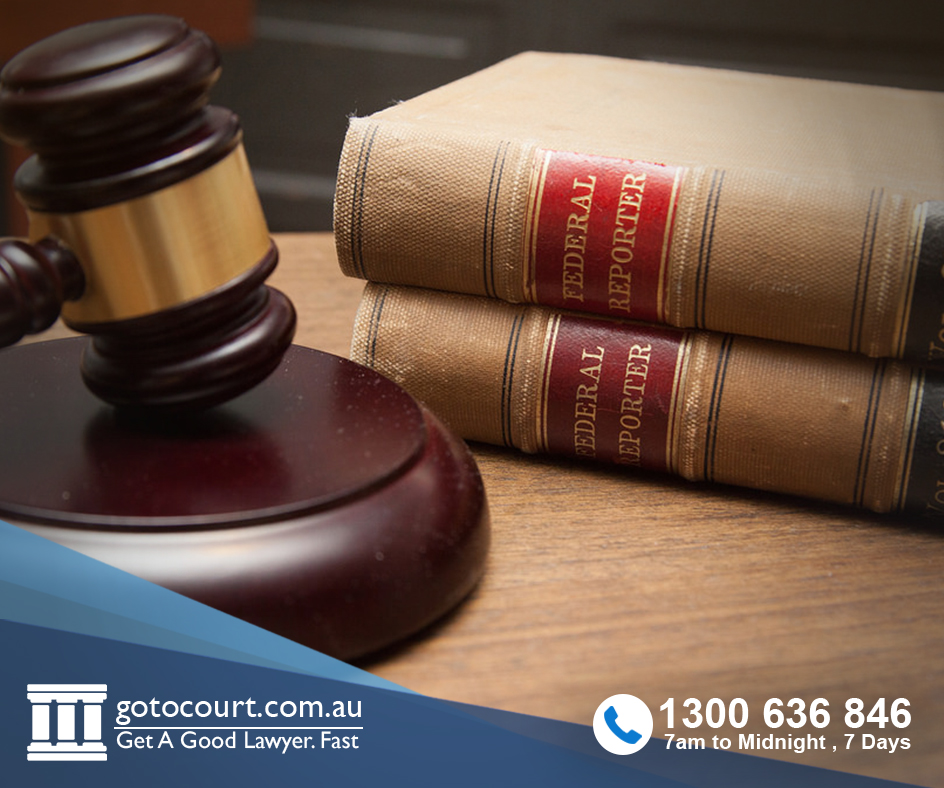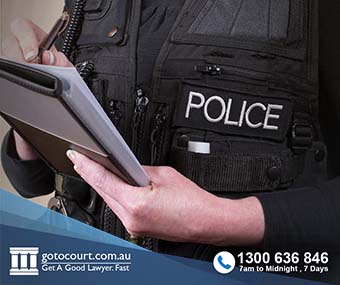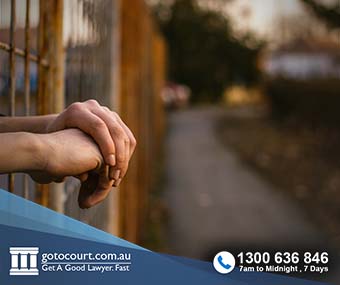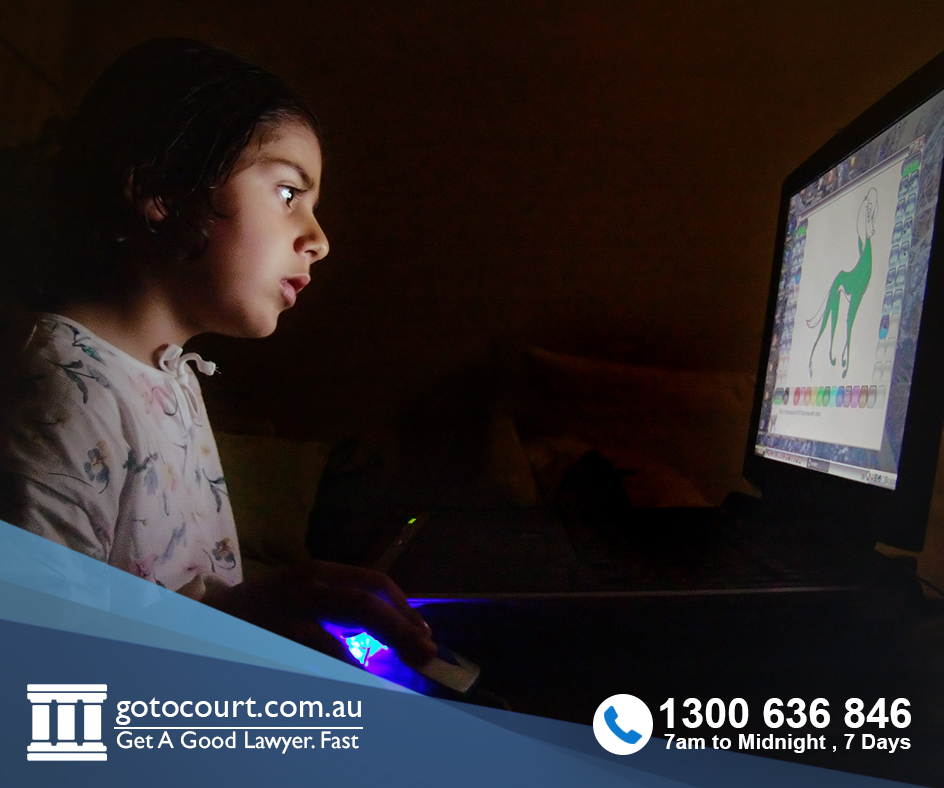Criminal Law Australia
Criminal Lawyers Australia
No matter whether you have been charged with a criminal offence, are being investigated by the police for a suspected crime, or have been refused bail, our experienced criminal law specialists are here to help. It is important that you understand your legal rights before speaking with police, or before attending court. A criminal lawyer can explain all your options to you and maximise your chance of getting the outcome you want.
Applying for bail in Australia
If you have been refused bail by the police, your lawyer can make a bail application for you in court. Before doing this, they will talk to you about your living situation, your criminal history and the nature of the charges. Your lawyer may propose specific bail conditions to the court, such as living at a particular address, reporting to the police regularly, or abstaining from drugs and alcohol whilst on bail, to maximise your chances of being granted bail.
Understanding the charges
It is important to understand all the elements of every offence you have been charged with. Many offences have physical elements and a mental element as well (such as intention or recklessness).
A Go To Court criminal lawyer can go through the allegations against you with a fine tooth comb and identify any elements that may be difficult for the prosecution to prove.
Read More: Giving a Police Statement
Negotiating with police
In some situations, criminal lawyers can negotiate with the police to withdraw a charge or have it replaced with a lesser charge that more accurately reflects your level of wrongdoing. This can have a huge impact on both the penalty and the criminal record you end up receiving.
Assessing the evidence
A fundamental principle of criminal law is that it is up to the prosecution to prove you guilty of the offences. Your lawyer can assess the strength of the prosecution case, by reviewing the brief of evidence with you.
The brief of evidence will include witness statements and a copy of the police interview, if you participated in one. It may also include other evidence, such as CCTV footage, expert evidence and medical reports.
- Competence and Compellability of Witness
- Evidence Improperly Obtained: Bunning v Cross
- The Brown v Dunn Rule
- What does “Beyond a Reasonable Doubt” mean?
- What Happens During Cross-Examination?
- What Happens During Examination-in-Chief?
Deciding how to plead
If you have been charged with a criminal offence, specialist legal advice can help you determine whether you should be pleading guilty, or not guilty. It will also assist you to navigate your way the sometimes daunting, and complex criminal justice system.
Read More: Pleading Guilty and Representing Yourself
Preparing for court in a criminal law matter
If you decide to fight the charges, your lawyer will help you to prepare for a contested hearing or trial. They will summons witnesses for the defence and prepare to cross-examine the prosecution witnesses. If there is any evidence that appears inadmissible, they will seek to challenge it in a pre-trial proceeding known as a voir dire.
If you decide to plead guilty, you lawyer will prepare a plea in mitigation. They will obtain material in support of you to hand up to the court. This may include character references or medical reports.
Attending court in a criminal law matter
Your lawyer will attend court with you every time your matter is mentioned. Your matter may need to be adjourned one or more times until it is ready to be finalised.
If you plead guilty, your lawyer will make submissions in your defence, explaining how the offending came about and highlighting any mitigating factors. They will explain your circumstances to the court and recommend an appropriate penalty.
If you plead not guilty, your lawyer will cross-examine the prosecution witnesses, call witnesses in your defence and make submissions on the law.
Speak to our criminal law specialists today
- Federal Court Etiquette
- How To Give Evidence In Court
- Procedural Fairness During Sentencing
- What Is A “No Case” Submission?
- What Is A Judicial Bias?
What are general criminal offences under Australian criminal law?
General criminal offenses under Australian criminal law are offenses that are considered to be crimes under the laws of Australia. These offenses can include crimes such as theft, assault, drug offenses, and white collar crimes, among many others.
In general, criminal offenses in Australia are divided into two categories: summary offenses and indictable offenses. Summary offenses are less serious offenses that are typically punishable by fines or short periods of imprisonment, while indictable offenses are more serious offenses that can carry longer prison sentences.
General criminal offences
Some examples of general criminal offences under Australian criminal law include:
- Theft: Theft is the unlawful taking of someone else’s property without their consent. This can include stealing physical items, such as money or jewelery, or intangible items, such as information or ideas.
- Assault: Assault is the intentional or reckless causing of physical harm to another person. This can include physical attacks, such as punching or hitting, or other actions that cause physical harm, such as throwing something at someone.
- Drug offenses: Drug offenses refer to the illegal possession, use, or supply of drugs. This can include the possession of illegal drugs, such as marijuana or cocaine, or the sale or supply of illegal drugs to others.
- White collar crimes: White collar crimes are offenses that are committed by individuals or organizations in the course of their business or professional activities. These can include crimes such as fraud, embezzlement, or money laundering.
Australian Criminal Law Resources
Australian Criminal Laws By State
Criminal law reform
The criminal law is constantly evolving. At any given time, there are numerous debates raging around potential changes to sentencing practices, bail laws, court procedures and how offences are constituted.
Frequently Asked Question
Australian criminal law is the body of law that applies to criminal offenses in Australia. This includes federal laws that apply throughout the country, as well as state and territory laws that apply in specific regions.
Australian criminal law sets out the different types of offenses that are considered to be criminal, as well as the legal penalties that can be imposed for those offenses. It also establishes the legal procedures that must be followed in criminal cases, including the rights of the accused, the role of the police and other law enforcement agencies, and the roles of the courts and other legal institutions.
In general, Australian criminal law is designed to protect the safety and wellbeing of the public, and to ensure that individuals who commit criminal offenses are held accountable for their actions. It is also designed to provide fair and just treatment for those who are accused of criminal offenses, and to ensure that the rights of the accused are protected throughout the criminal justice process.
Criminal laws in Australia are reviewed on a regular basis to ensure that they are still effective and relevant, and to make any necessary changes to keep up with changes in society and technology.
In most cases, the process of reviewing criminal laws is the responsibility of the federal, state, and territory governments. These governments may conduct periodic reviews of their criminal laws, and may make changes to those laws as necessary to address any issues or concerns that have been identified.
In addition to these regular reviews, criminal laws may also be reviewed in response to specific events or issues. For example, if there is a major change in the way that a particular type of crime is being committed, or if there is a significant public concern about a particular criminal offense, the government may conduct a more thorough review of the relevant laws to determine whether any changes are needed.
Overall, the frequency of criminal law reviews in Australia can vary depending on a number of factors, including the nature of the laws being reviewed and the specific issues or concerns that are being addressed. However, in general, criminal laws are reviewed on a regular basis to ensure that they remain effective and relevant.
The cost of a criminal lawyer in Australia can vary depending on a number of factors, such as the lawyer’s experience and expertise, the complexity of the case, and the location of the lawyer’s practice.
In general, criminal lawyers in Australia charge their clients on an hourly basis. The hourly rate for a criminal lawyer can range from $200 to $600 per hour, depending on the lawyer’s experience and the specific circumstances of the case.
In addition to the hourly rate, criminal lawyers may also charge additional fees for expenses such as court costs, witness fees, and other expenses related to the case. These fees can add to the overall cost of hiring a criminal lawyer, and can vary depending on the specific details of the case.
Overall, the cost of hiring a criminal lawyer in Australia can vary significantly depending on the specific circumstances of the case. It is important to discuss the fees and costs with your lawyer before hiring them, and to carefully consider your budget and financial situation when deciding whether to hire a criminal lawyer.


